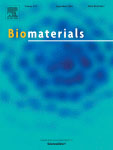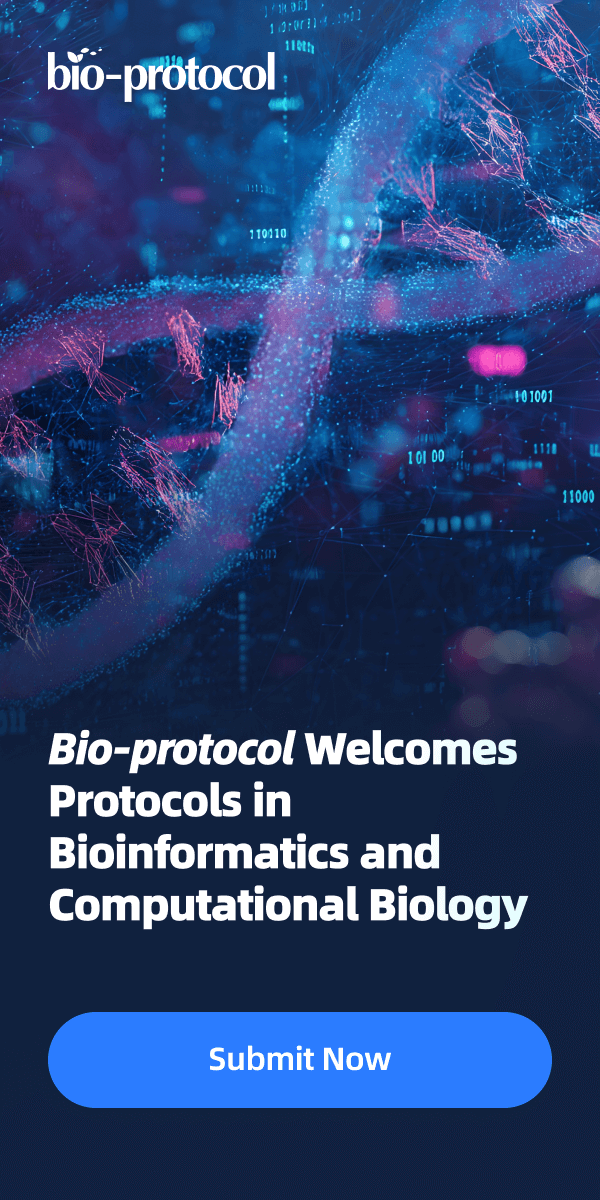- EN - English
- CN - 中文
Isolation, Purification, and Characterization of Ginger-derived Nanoparticles (GDNPs) from Ginger, Rhizome of Zingiber officinale
源自生姜及根茎的生姜源性纳米颗粒(GDNPs)的分离、纯化和鉴定
发布: 2019年10月05日第9卷第19期 DOI: 10.21769/BioProtoc.3390 浏览次数: 8911
评审: David PaulGANG YUVanesa Olivares-Illana
Abstract
Factors implicated in the pathophysiology of intestinal inflammation include defects in intestinal epithelial barrier function, abnormal immune responses, and activities of the gut microbiota. Current agents used to treat human Inflammatory Bowels Disease (IBD), chronic inflammation of digestive tract, have serious side effects. In addition, most of these treatments target the damaging factors while not providing pro-healing factors that repair the damaged intestine. Here we provide a method to isolate, purify and characterize a specific population from ginger (ginger-derived nanoparticles: GDNPs 2) with anti-inflammatory activities. GDNPs 2 as a drug vehicle are a novel natural, nontoxic delivery system, which target the inflamed intestinal mucosa, blocks damaging factors while promoting pro-healing factors and could easily be developed for large-scale production aimed at the treatment of IBD.
Keywords: Ginger (生姜)Background
Efforts to develop new drug-based therapeutic approaches against Intestinal Bowel Disease (IBD) must overcome several challenges, including issues of delivery, potential off-target effects, safety, toxicity, large-scale production costs, and tissue specificity (Chen et al., 2017). We and other groups have recently demonstrated that artificially synthesized nanoparticles may be used to target low doses of drugs (e.g., siRNAs, proteins and peptides) to specific cell types or tissues (Xiao et al., 2017). However, the nanoparticles synthesized to date have two major limitations: i) each constituent of the synthesized nanoparticles must be examined for potential in vivo toxicity before clinical application; and ii) the production scale is limited. The use of nanoparticles derived from natural sources may overcome these limitations of synthetic nanoparticles. Here, we provide a safe and cost-effective sucrose gradient ultracentrifuge method to isolate, purify and characterize a specific population of nanoparticles from ginger (ginger-derived nanoparticles: GDNPs 2) with anti-inflammatory activities. GDNPs 2 enable encapsulation of various types of therapeutic agents such as DNA, RNA and antibodies. Loading therapeutic agents in ginger-derived nanolipids can be found in a separate publication (Zhang et al., 2017). GDNPs 2 represents a novel natural, nontoxic delivery system that targets the inflamed intestinal mucosa, blocks damaging factors while promoting healing factors and may easily be developed for large-scale production aimed at the treatment of IBD.
Materials and Reagents
- Pipette tips 0.1-10 μl, 1-200 μl, 100-1,000 μl (Sorenson Bioscience, catalog numbers: 70600, 70520, 70540)
- Pipettes 0.5-10 μl, 10-100 μl and 100-1,000 μl (Eppendorf, catalog number: 13-684-251)
- Thin wall, Ultra clear 13.2 ml, 14 x 89 mm ultracentrifuge tubes (Beckman Coulter, catalog number: 344059)
- Thick wall, 38 ml, 25 x 89 mm centrifuge tubes polycarbonate (Beckman Coulter, catalog number: 355631)
- Thick wall, 70 ml, 38 x 102 mm centrifuge bottles polycarbonate (Beckman Coulter, catalog number: 355655)
- Eppendorf Safe-Lock Tubes, 1.5 ml (Eppendorf, catalog number: 022363204)
- 50 ml conical tubes (Denville Scientific, catalog number: C1062-P)
- Formvar®-coated copper grids (Electron Microscopy Sciences, catalog number: FCF300-CU-SC)
- Filter paper (VWR, catalog number: 28313-068)
- Sterile cell strainer 40 μM (Fisher Scientific, catalog number: 22-363-547)
- Capillary cell & plastic cap (Malvern, catalog number: DTS 1070)
- Protein quantification assay kit (Bio-Rad, catalog number: 5000002)
- Phosphate-buffered Saline (Corning, catalog number: 21-040-CV)
- Simulated intestinal fluids (RICCA Chemical, catalog number: 7109-16)
- Simulated gastric fluids (RICCA Chemical, catalog number: 7108-16)
- Uranyl acetate (Electron Microscopy Sciences, catalog number: 22400-4)
- Mica sheet (Electron Microscopy Sciences, catalog number: 71855-15)
- Sucrose (Calbiochem, catalog number: 8510) (see Recipes)
- Sucrose gradient (8, 30, 45, 60%) (see Recipes)
- 1% uranyl acetate solution (see Recipes)
Equipment
- Juicer (Breville, model: BJE200XL)
- Sorvall ST 16R centrifuge (Thermo Fisher Scientific, catalog number: 75004381)
- Optima L-90K Ultracentrifuge (Beckman Coulter, catalog number: 969349)
- Rotors:
- J-Lite Series JLA 16.250 16,000 RPM (Beckman Coulter, Serial number O8U 3761)
- Type 45 Ti 45,000 RPM (Beckman Coulter, Serial number 99E.2785)
- SW 32 Ti 32,000 RPM (Beckman Coulter, Serial number 11U 2963)
- Zetasizer (Malvern, model: Nano-ZS90)
- Particle size analyzer (Brookhaven Instrument Corps, model: 90PLUS)
- Atomic force microscopy instrument (Seiko Instrument Inc., model: SPA400)
- Transmission electron microscope (Carl Zeiss, model: LEO 906E)
- Milli-Q advantage A10 water purification system (Millipore-sigma, catalog number: C10117)
- Semi-micro cuvettes, clear 1.5 ml (Sigma, catalog number: BR759115)
- Ultrasonic bath (Branson, catalog number: 3510MTH)
- Fluorometric microplate reader (Biotek, model: Synergy 2)
- pH meter (Sper Scientific, catalog number: 860031)
- -80 °C freezer (So-Low, model: PV85-21)
Procedure
文章信息
版权信息
© 2019 The Authors; exclusive licensee Bio-protocol LLC.
如何引用
Sung, J., Yang, C., Viennois, E., Zhang, M. and Merlin, D. (2019). Isolation, Purification, and Characterization of Ginger-derived Nanoparticles (GDNPs) from Ginger, Rhizome of Zingiber officinale. Bio-protocol 9(19): e3390. DOI: 10.21769/BioProtoc.3390.
分类
生物化学 > 其它化合物 > 可食用纳米颗粒
分子生物学 > 纳米颗粒 > 植物源纳米颗粒
您对这篇实验方法有问题吗?
在此处发布您的问题,我们将邀请本文作者来回答。同时,我们会将您的问题发布到Bio-protocol Exchange,以便寻求社区成员的帮助。
Share
Bluesky
X
Copy link














